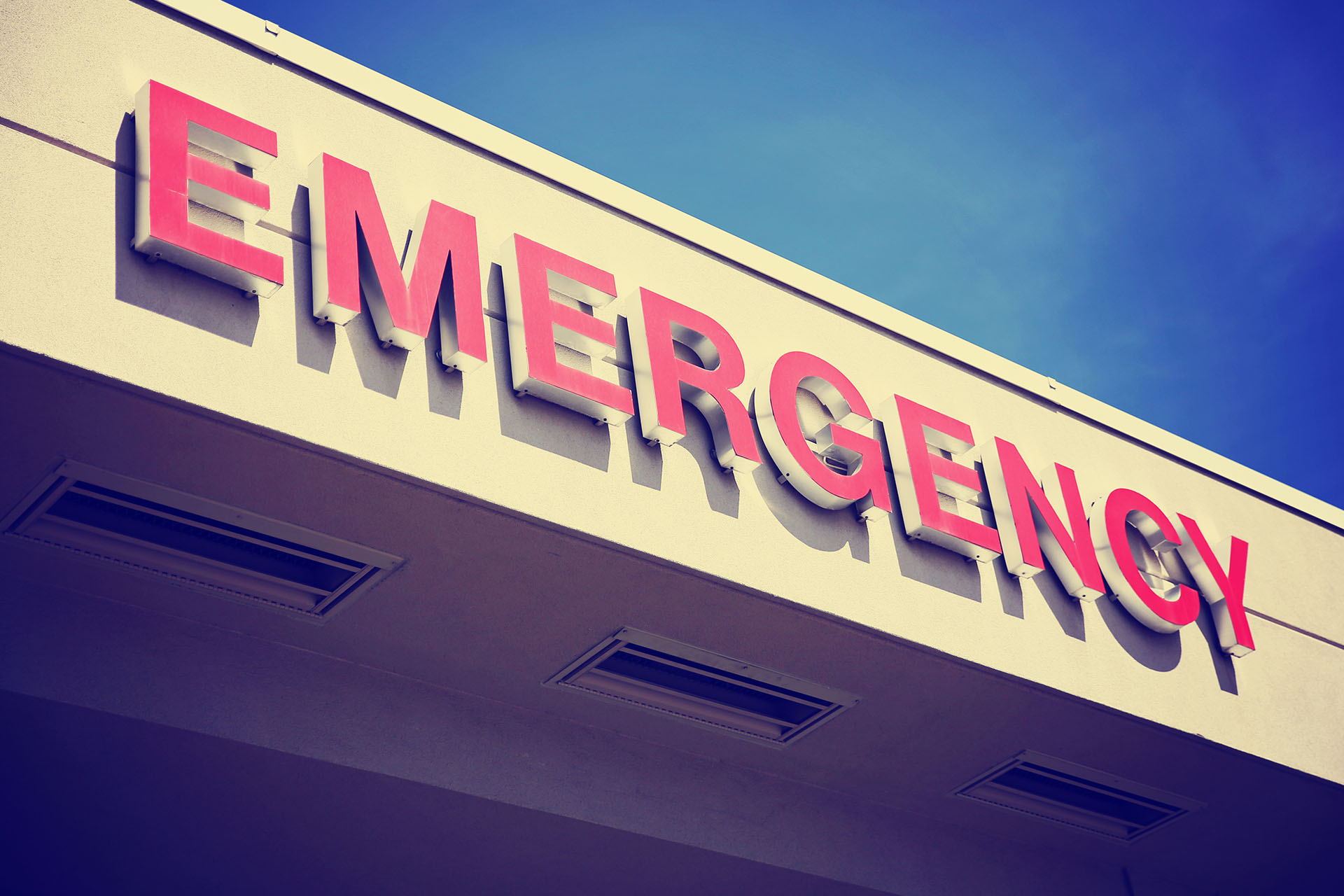Last Updated: November 2025
Before the coronavirus pandemic, people went to the emergency department for all kinds of ailments, not just for emergencies. Once the shelter-in-place orders were announced, many people stopped going to the emergency department, even when they should have.
Many Hospitals Saw Fewer Emergency Department Visits
In Northern California during the first few weeks of the pandemic, there were fewer heart attack cases coming into the emergency departments. The Kaiser Permanente research division compared some numbers.
They found that during the early weeks of the pandemic, the amount of heart attack cases admitted to the hospital each week dropped to half of what was expected.
The Kaiser Permanente group were not the only ones to see a lower rate of heart attacks. Beth Israel Deaconess Medical Center (BIDMC) in Massachusetts found a similar pattern. During March and April 2020 the number of heart attack cases was down by 58% compared to the same months in 2019.
A news article from June 2020 reported that visits to emergency departments dropped by 42% in April 2020, compared to April 2019. The biggest drop happened in the Northeast.
Why Were People not Going to the Emergency Department?
It was not a surprise that people did not go to the emergency department for non-emergency situations during the stay-at-home orders.
However, some people experiencing heart attack, stroke, and asthma attack symptoms also stayed home. In an emergency situation, why would they do that?
One doctor notes that some patients did not come in because of fear and anxiety. Another doctor who talked to patients one on one said that the patients confirmed they were too scared to come to the hospital.
Healthcare centers were seen as COVID hubs. People didn’t want to get exposed. They often did not want to go where all the sick people were.
A Temple, Texas doctor has discovered another reason why people were not coming. Some people had a genuine concern for the limited health care resources. They wanted to make sure that the people who were worse off got the medical care they needed.
Putting other people first is a fantastic quality, but in an emergency situation like a heart attack, people need to go to the hospital.
How did Staying Home Affect Heart Attack Cases?
Not going to the emergency department for heart attack symptoms was a disaster for many people.
A study from New Jersey showed sad statistics. The study used statistics from ten Advanced Life Support paramedic groups and nine hospital emergency departments.
- From January to June 2019 there were 12,210 calls to 911 needing Advanced Life Support.
- Of those calls, 366 people were pronounced dead by the paramedics before getting to the hospital.
- January to June 2020 saw 13,200 calls to 911.
- From those calls, 555 people were pronounced dead before getting to the hospital. It is possible that they waited too long to call for help.
- In April of 2020, there was a 183% increase in the number of people who died before getting to the hospital over the same time frame in 2019.
What is a Heart Attack, and What Causes one to Happen?
The medical term for a heart attack is a myocardial infarction. A heart attack happens when part of the heart muscle is not getting enough blood.
The heart muscle needs oxygen to work properly, and blood provides the needed oxygen. Reduced blood flow during a heart attack reduces oxygen, damaging the heart muscle.
The most common cause of heart attacks in the United States is coronary artery disease. Many times, people do not know they have this disease until they have a heart attack.
It is caused by a build-up of plaque inside the person’s arteries. The build-up narrows the artery, slowing down the blood flow to the heart. Sometimes it is blocked completely.
Every 36 seconds, someone in the United States dies from a heart attack.
Warning Signs of a Heart Attack
Heart attacks can be sudden, but some start slowly. If you think you might be having a heart attack, call 911 right away. Early signs of a heart attack include:
- Chest discomfort – uncomfortable pressure, pain, or chest squeezing
- Pain in one or both arms
- Pain in the back, neck, or jaw
- Shortness of breath with or without chest discomfort
- Breaking out in a cold sweat
- Nausea
- Lightheadedness
What Happens After a Heart Attack?
After a person’s first heart attack, most people return to their normal lives with some adjustments.
If you have had a heart attack, there is a higher risk of having another one. Your doctor may recommend the following lifestyle changes:
- Stop smoking
- Eat a healthy diet
- Be physically active every day
- Lower high blood pressure and/or cholesterol
- Reduce stress
- Limit alcohol
Along with lifestyle changes, your doctor may prescribe medication for a heart condition. Here are some commonly prescribed medications.
Anticoagulants (antithrombotics decrease the clotting factors of the blood.
Antiplatelet prevents blood platelets from sticking together.
Angiotensin Receptor-Neprilysin inhibitors (ARNi)- these medications reduce sodium retention and increase artery openings.
The Rx Advocates Can Help You Save Money
Having a heart attack can change everything. Sometimes you need medication for the rest of your life. Prescription drugs can be very expensive, but The Rx Advocates can help you save money every month.
The Rx Advocates is a nationwide prescription advocacy program. We connect patients with Patient Assistance Programs offered by pharmaceutical companies. Contact us to see if we can help you save money on your monthly medications.

